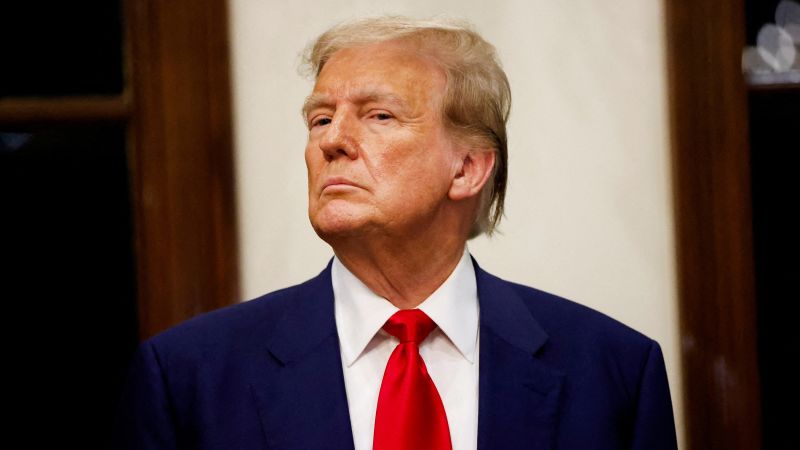The Georgia 2020 election interference case against former President Donald Trump, overseen by Fulton County District Attorney Fani Willis, is in focus again after a judge ruled Willis can continue to lead the case. Trump’s lead attorney is expected to argue for the dismissal of the indictment, claiming that Trump’s political speech, including conspiracy theories and voter fraud claims, is protected under the First Amendment. The attorney argues that criminalizing Trump’s speech disputing the election outcome while allowing speech supporting it is viewpoint discrimination. Willis is prepared to move the case forward after a delay due to disqualification hearings over her romantic relationship with the lead prosecutor, which has been resolved.
Despite previous unsuccessful First Amendment challenges by Trump’s co-defendants, Kenneth Chesebro and Sidney Powell, the judge ruled that facts and evidence must be established in court before a challenge can be considered. One of Trump’s co-defendants, David Shafer, the former chairman of the Georgia Republican Party, will present arguments in the case. Prosecutors allege Shafer coordinated a fake electors scheme to illegitimately certify Trump as the winner of Georgia’s 2020 election. Shafer’s attorneys argue that he was only following legal advice and was not part of a broader conspiracy, and his actions do not constitute racketeering activity under RICO laws.
Willis aims to avoid further missteps in the case and move towards a trial before the November election. The trial date has not been set, but Willis hopes to start the trial in August. However, she is considerate of other trial dates that may be ahead of theirs. Trump is not expected to attend the upcoming hearing regarding the First Amendment challenge against the indictment. Willis had faced disqualification hearings due to her relationship with her lead prosecutor, Nathan Wade, but the judge ruled that she could continue leading the case if Wade stepped aside, which he has done.
Trump’s attorney argues that his political speech disputing the 2020 election outcome should be protected under the First Amendment, while Willis pushes to move the case forward despite delays. Previous attempts by Trump’s co-defendants to challenge the indictment under the First Amendment were unsuccessful, with the judge ruling that evidence must be presented in court before a challenge can be considered. David Shafer will present arguments in the case as a co-defendant, claiming that his actions were based on legal advice and not part of a larger conspiracy. Willis aims to avoid further missteps and proceed with the case, with hopes of starting the trial before the November election.


